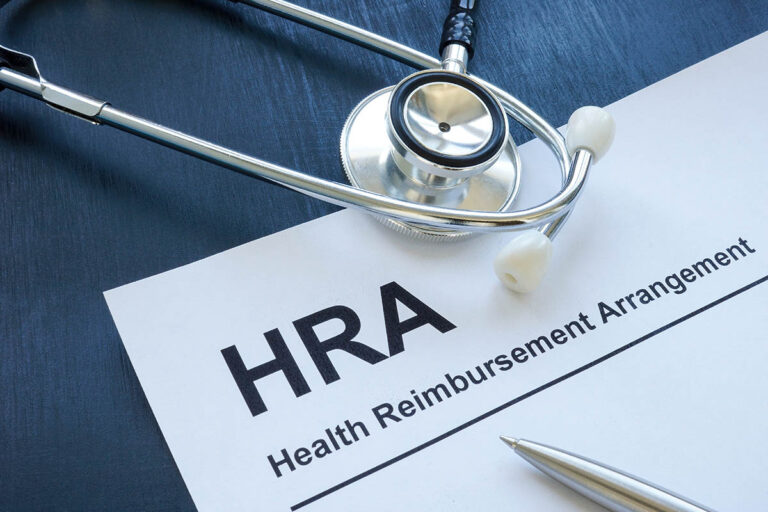
As the coronavirus spreads throughout the United States and stay-at-home orders increase, scientists warn that the pandemic could inflict emotional trauma and PTSD on an unprecedented scale.1 Employers may see symptoms of employee burnout, like absenteeism, forgetfulness and disengagement.
Even before the COVID-19 pandemic began, workers were stressed; 77% reported feeling burnout in their current role, according to a survey from Deloitte reported by Employee Benefit News.
Unfortunately, today we’re all too familiar with news that employers have slashed their workforces due to the coronavirus and economic downturn. Employees working from home may also begin to experience a type of survivor’s guilt while friends and neighbors are out of work, as well as additional pressure to perform as outside stressors reach a fever pitch.
People who experience a personal or financial loss during a mass crisis have a harder time bouncing back, according to Elana Newman, who researches trauma and disaster mental health at the University of Tulsa.2 “(The COVID-19 crisis) is a mass community disaster, but it is also a little bit like terrorism in that the fear component is there, ongoing fear,” Newman said in a CNBC article.
During the COVID-19 crisis, employees are struggling with isolation and increased stress over health and anxiety related to job security, while their employers are working overtime to ensure business continuity.3
Another reason for employee burnout: it’s unknown when the COVID-19 crisis will pass.
As employers, it’s our job to provide access to mental health resources through employee assistance plans, counseling through telehealth providers, and employee education and communications. Take some time—whenever you have it—to connect with your benefits consultant to discuss engagement strategies to ease burnout.
As a service to employers, we have launched a new coronavirus learning resource on our consumer lifestyle blog, HealthDiscovery.org. This page contains information tailored to employees:
- Coronavirus Stimulus Payment Calculator
- CDC Travel Advisories and other Alerts
- County-by-county virus map
- Recipes for pantry staples, articles, infographics and more.
The page is updated frequently and employers are invited to forward the link to their workforce and/or subscribe here. In the meantime, please stay safe.
1CNBC, “Coronavirus Pandemic Could Inflict Emotional Trauma And PTSD On An Unprecedented Scale, Scientists Warn”
2Ibid.
3Anxiety and Depression Association of America, “Managing COVID-19 Anxiety”





